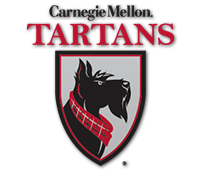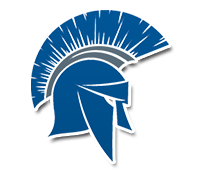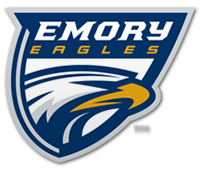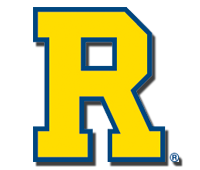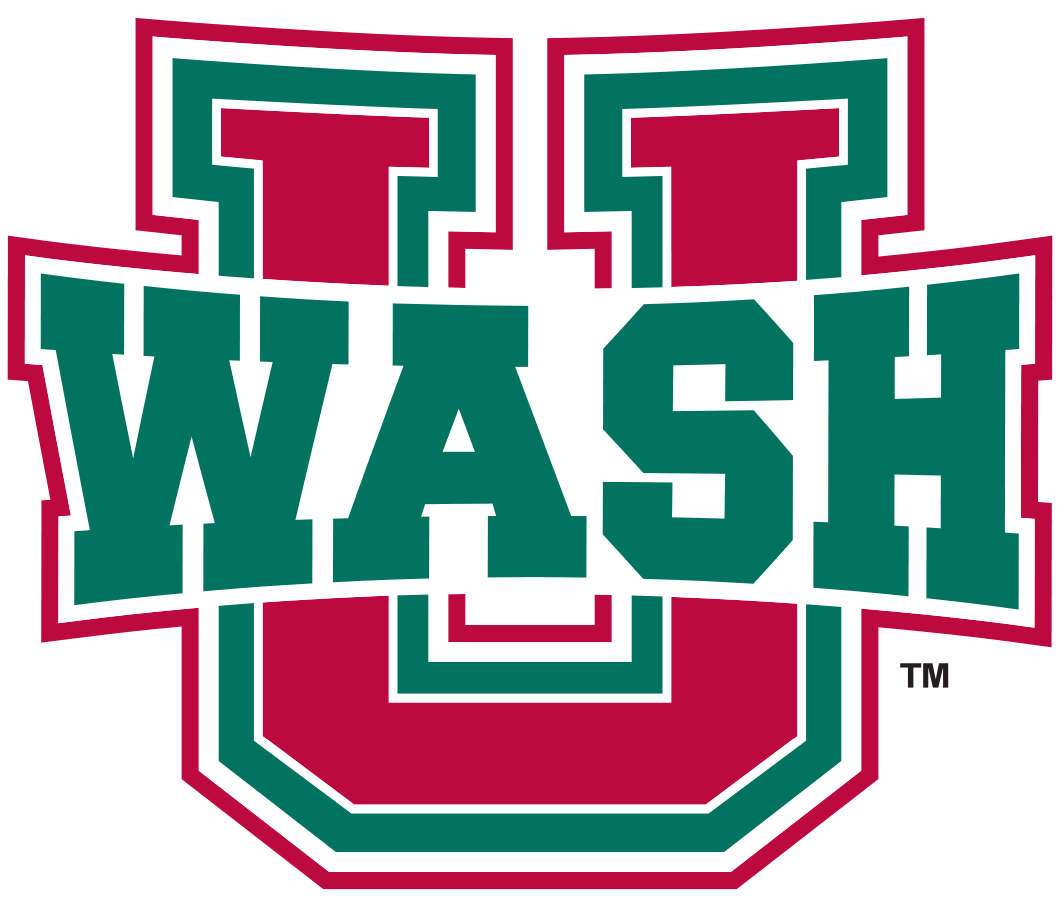
From University of Rochester Athletics
As an undergraduate student at the University of Rochester, Bojan Zoric knew the importance of proper planning, dedication, and education. It helped him in the classroom and it helped him on the soccer pitch.
The larger the stage, the larger the reward. Zoric had the perfect view of the United States Women's National Team at the 2015 FIFA World Cup Final in Canada as the team doctor for the Americans.
When the final whistle blew in Vancouver, the United States had a 5-2 victory over Japan and its first World Cup title in 16 years. Weeks later, the memories are still vivid.
"To be on that stage and around players at that level," he said, "it was electric. It was an amazing experience."
He has been part of the medical staff of the USWNT since 2008. His first experience with a major soccer event came in 2012 – at the Olympic Games in London. He has continued to travel with them to international training camps and tournaments, and in the lead-up to the World Cup finals, he was with the team for some qualifiers and some friendlies (soccer's terminology for an exhibition game).
His arrival on the world stage was precipitated by a stringent academic career which also gave him the opportunity to play soccer – and he was suitably rewarded for that.
Zoric's ties to Rochester began at birth – when he was delivered at Strong Memorial Hospital. His father, Igor, earned a doctoral degree in physics on the River Campus. After graduation, the Zorics returned to their native Croatia.
In Croatia, the elder Zoric had playing ties to the youth team of Hadjuk Split. The club's senior team played in Croatia's first division. His father's love of the sport eventually trickled down to his son. "As long as I can remember I had a soccer ball at my feet. My mom hated buying me new shoes because they would be scuffed and dirty in minutes. " Bojan said.
When he was six, Bojan and his parents moved to Angered, Sweden, a suburb of Gothenburg. His father accepted a position as professor of physics. Bojan began playing youth level soccer with one of Sweden's professional teams.
He was playing and studying. A decision was looming. "In Sweden, you go straight to medical school from high school, or you pursue professional soccer," he said, "but you can't do both"
As luck would have it, it was around this time that His father visited Rochester for a work conference. He told Bojan that while on campus, he bumped into Rochester head coach Mike Pilger and they talked. "Coach Pilger began contacting me to recruit me," Bojan said.
Rochester provided a great option for him. He could study and play soccer. He majored in molecular genetics with a minor in chemistry. "I was good in biology," Bojan said. "Medicine was a direct extension of those courses. I found math, biology, and the sciences much easier than writing and humanities."
The U of R soccer teams were successful as well. As a freshman, he played on a Rochester team that finished 12-5-1 (4-3 in the University Athletic Association) and won the Eastern College Athletic Conference Northeast Regional title with victories over Elmira and Hamilton.
In his sophomore year, the Yellowjackets rebounded from a 1-3-2 start. They reeled off 10 straight victories and earned an NCAA playoff bid. The final mark was 11-3-3 (5-1-1 UAA) after a shootout loss to Ithaca in the NCAAs. Rochester was 7-8-1 in his junior year (2-4-1 UAA).
Everything fell into place in his senior year. Rochester won the UAA title with a perfect 7-0-0 record (12-1-3 before the NCAAs) and was selected as the top seed for a four-team NCAA regional. The 7-0-0 UAA record marked the first time in the then-11-year history of the league that a team was unbeaten and untied.
Bojan earned First Team All-UAA accolades. He tied for the team point-scoring lead with five goals, eight assists, and 18 points. He had three game-winning goals.
He excelled in the classroom and laboratories as well. Zoric was named an Academic All-American by the College Sports Information Directors of America. In the spring, he was elected to Phi Beta Kappa, the internationally-renowned honor society.
"Soccer gave me structure," he said. "I came from Europe where school was free. Now I was in a situation where my parents had made sacrifices to help pay for my education. I needed to do well academically to be able to play soccer."
He had to create a study/play system that worked for him. Careful planning and execution were his by-words. "I knew I could not leave things undone until the last minute."
Not if he wanted to get through the classes, the lectures, and his practices. He did a research internship at an oncology lab at Strong Memorial Hospital during one summer. "It helped me to get closer to medicine," he recalled. He was a teaching assistant for a course in organic chemistry. He also worked at the front desk in the Alumni Gymnasium – before the renovation of the athletic complex in preparation for the University's Sesquicentennial Celebration in 2000. He graduated with Magna Cum Laude honors in 1998.
When medical school beckoned, he did a series of interviews before finding the perfect fit at UCLA. "It was an incredibly friendly and welcoming student body," he said of the students he met while on campus. "They made me feel at home."
After four years of medical school at UCLA, he was accepted into a five-year Orthopaedic residency program at Harvard University. And after that, he completed a sports medicine fellowship at the Steadman-Hawkins Clinic in Vail, Colorado.
Following the fellowship, the first job he took was in Los Angeles. One of his colleagues was a team doctor with U.S. Soccer. The doctor asked if Zoric was interested in helping out with the United States women's soccer team.
The athlete and the physician in him bring out one key point: you don't win a championship unless everything falls perfectly into place. Nobody skates by.
The World Cup Final was, in his words, "pretty amazing. Every game up to that point had been tight. As the clock ticked down in the closing minutes, I kept saying the same phrase: "Stay calm, stay calm. It's not over –-- yet."
In Zoric's eyes, this was the perfect game. The player in him applauds the two quick goals within five minutes, four goals after 16 minutes. "This was exactly the type of game I like to see," he said – and not just for the goal scoring. "No one needed me" Translation: he never was called into the field to analyze an injury.
These days you can find Zoric back in the Boston suburbs at Sports Medicine North, where he works as an Orthopaedic surgeon. "I'm back to reality," he says with a chuckle. The excitement of that summer afternoon will never recede, though. "It's still great, great memories," he says, "an unbelievable experience."
Photos: Dr. Bojan Zoric '98 holds one of the most famous trophies in the world (center), the FIFA Women's World Cup championship trophy. He is shown with two of the American stars - Carli Lloyd (l.) and Morgan Brian (r.)





